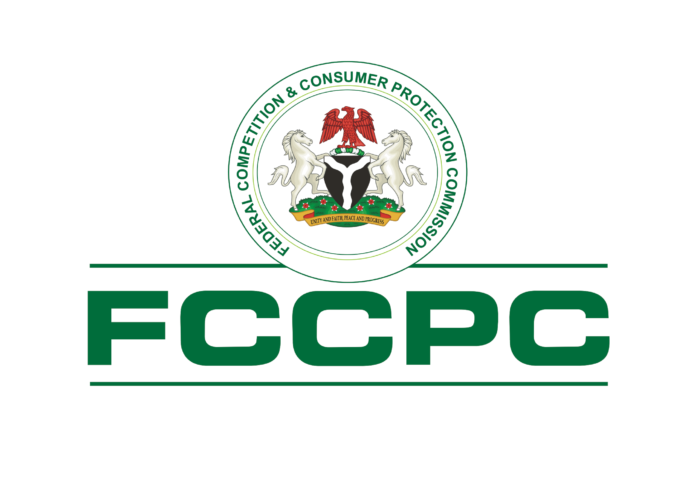Nigeria’s digital lending sector is facing a major regulatory overhaul as the Federal Competition and Consumer Protection Commission (FCCPC) introduces tough new rules that could see erring companies fined up to ₦100 million — or 1% of their annual turnover — for unethical conduct.
The Digital, Electronic, Online, or Non-Traditional Consumer Lending Regulations 2025, released in July, aim to sanitise the country’s fast-growing but controversial ₦2.1 trillion consumer lending market. The new framework builds on the FCCPC’s 2022 rules, which targeted borrower harassment, data privacy breaches, and illegal lending practices.
Under the updated regime, individuals found in violation could be fined up to ₦50 million, while corporate offenders risk penalties of ₦100 million or 1% of their turnover, whichever is higher. Directors of offending companies could also face sanctions lasting up to five years. “Any person or undertaking found to be in contravention of the provisions of these regulations shall be liable to sanctions, which may include fines, suspension of operations, delisting of registration, or revocation of approval,” the FCCPC stated.
The regulations now extend oversight to all physical and electronic lending businesses, including airtime lending — a service that contributed ₦83.19 billion to MTN’s fintech revenue in the first half of 2025. Only microfinance banks are exempt, and even they must apply for waivers.
Key provisions include a ₦100,000 licence application fee, a ₦1 million approval fee for mobile money operators, a cap of five lending apps per company, mandatory licence renewal every three years, and annual levies of ₦500,000. The rules also require interest rate monitoring to prevent exploitative lending and full compliance with data protection and telecoms laws.
Gbemi Adelekan, President of the Money Lenders Association, welcomed the regulatory clarity but warned that compliance could increase operational costs and, ultimately, lending rates. Adedeji Olowe, founder of Lendsqr, described the regulations as a turning point for the industry. “Digital lending isn’t a side hustle anymore. It is part of the financial system, and it is going to be treated that way,” he said.
Digital lenders have been given 90 days to comply with the new rules or risk losing their operating licences.
Source: Tech Cabal
















